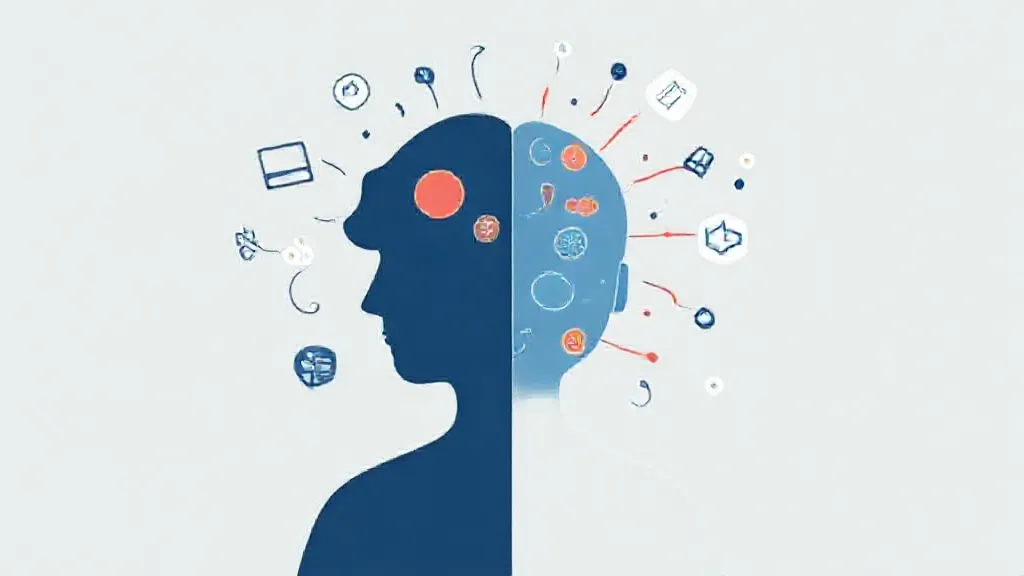The rapid evolution of technology has transformed the way we communicate, work, and live. While these advancements have brought about numerous benefits, they also pose significant challenges to mental health. This article delves into the various impacts technology has on mental health, examining both the positive and negative aspects of our increasingly digital lives.
The Positive Side: Enhanced Connectivity and Support
One of the most significant benefits of technology is its ability to connect people across vast distances. Social media platforms, messaging apps, and video calls allow individuals to maintain relationships regardless of geographical barriers. For many, especially those who may feel isolated or marginalized, these digital connections can provide crucial emotional support.
Research has shown that online communities can foster a sense of belonging and reduce feelings of loneliness, which are important factors in maintaining mental health.
The Rise of Mental Health Apps
In recent years, the proliferation of mental health applications has provided users with accessible resources for managing their mental well-being. These apps offer a range of services, from guided meditation and mood tracking to cognitive behavioral therapy techniques.
By utilizing technology, individuals can take a proactive approach to their mental health, gaining insights into their emotional states and learning coping mechanisms. Studies suggest that users of mental health apps report improved mood and reduced anxiety, highlighting technology's potential as a tool for self-care.
The Dark Side: Social Media and Anxiety
Despite the benefits, the pervasive use of social media has been linked to increased anxiety and depression, particularly among younger demographics.
The constant comparison to curated online personas can lead to feelings of inadequacy and low self-esteem. A study published in the Journal of Social and Clinical Psychology found that limiting social media usage can significantly improve mental health outcomes, suggesting that the pressure to present a perfect life online can be detrimental to one's psychological well-being.
Digital Addiction: A Growing Concern
Another critical issue is the rise of digital addiction, characterized by excessive use of technology that interferes with daily life.
This addiction can manifest in various forms, including gaming, social media, and internet browsing. The World Health Organization has recognized gaming disorder as a mental health condition, illustrating the seriousness of technology addiction. Symptoms may include withdrawal from offline activities, neglect of personal relationships, and a decline in academic or work performance, all of which can exacerbate mental health issues.
The Impact of Remote Work on Mental Health
The shift towards remote work, accelerated by the COVID-19 pandemic, has also influenced mental health. While remote work offers flexibility and eliminates commuting stress, it can lead to feelings of isolation and burnout. The blurring of boundaries between work and personal life can make it difficult for individuals to disconnect, leading to increased stress levels.
Employers are now recognizing the importance of mental health in the workplace and are implementing strategies to support their employees' well-being in this new digital landscape.
Cyberbullying: An Emerging Threat
The anonymity provided by the internet has given rise to cyberbullying, which can have devastating effects on mental health. Victims of online harassment often experience anxiety, depression, and in severe cases, suicidal thoughts.
A report from the Cyberbullying Research Center indicates that approximately 34% of students have experienced cyberbullying, emphasizing the need for awareness and prevention strategies. Schools and parents must work together to educate young people about the impact of their online behavior and promote a culture of respect and empathy.
The Role of Teletherapy in Mental Health Care
Teletherapy has emerged as a vital resource for those seeking mental health support.
The convenience of accessing therapy from home has made it easier for individuals to seek help without the barriers of transportation or stigma. Research indicates that teletherapy can be as effective as in-person sessions, providing a valuable option for those who may feel uncomfortable in traditional settings. As technology continues to advance, the integration of telehealth services is likely to play a crucial role in improving mental health care accessibility.
Looking Ahead: Balancing Technology and Mental Health
As technology continues to evolve, it is essential to strike a balance between its benefits and potential drawbacks. Awareness of the impacts of technology on mental health is crucial for individuals and society as a whole. By promoting healthy technology use, encouraging digital literacy, and prioritizing mental health resources, we can harness the power of technology while safeguarding our psychological well-being.
Ongoing research and open discussions about these issues will be vital in navigating the complex relationship between technology and mental health in the coming years.
